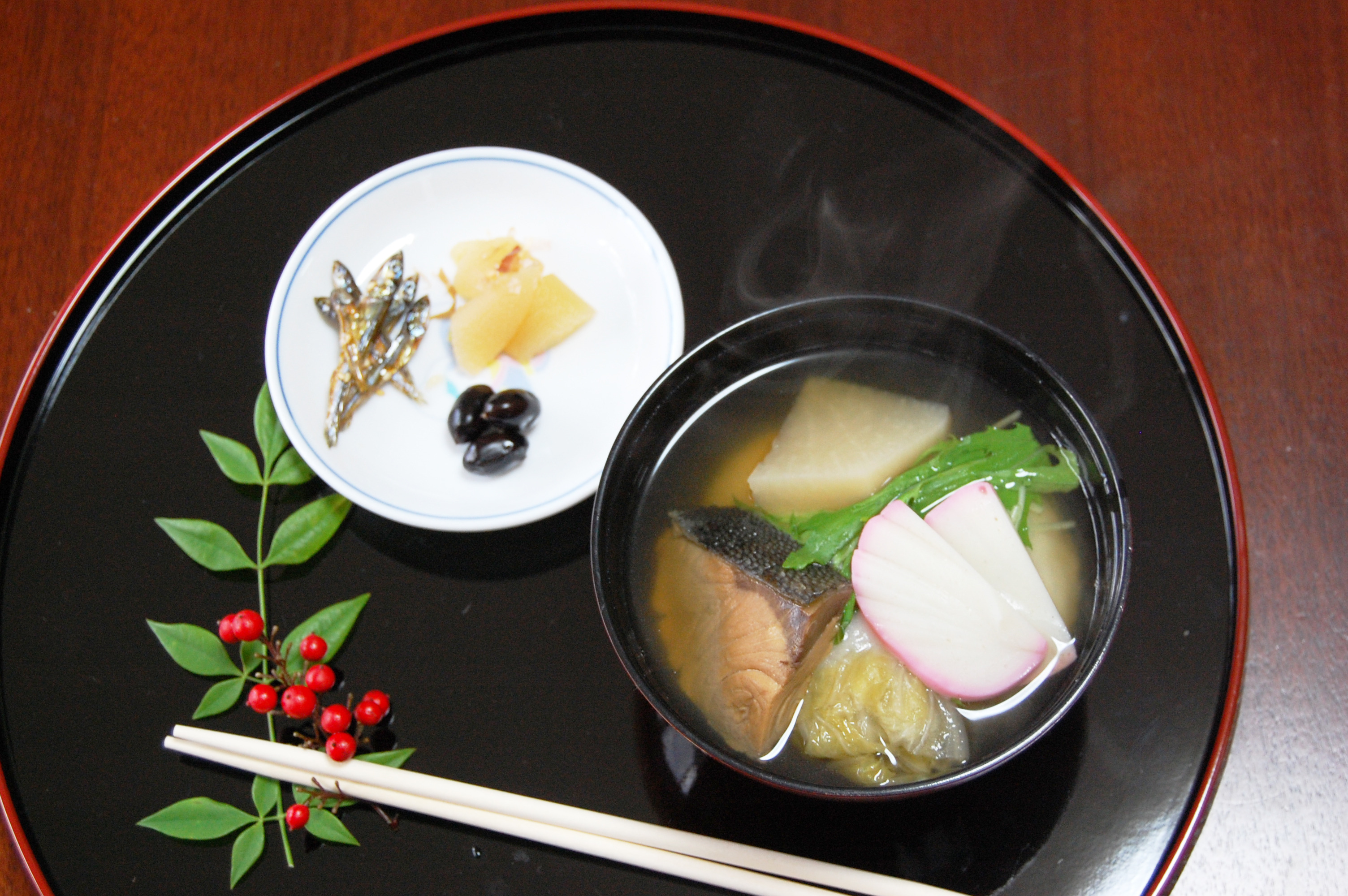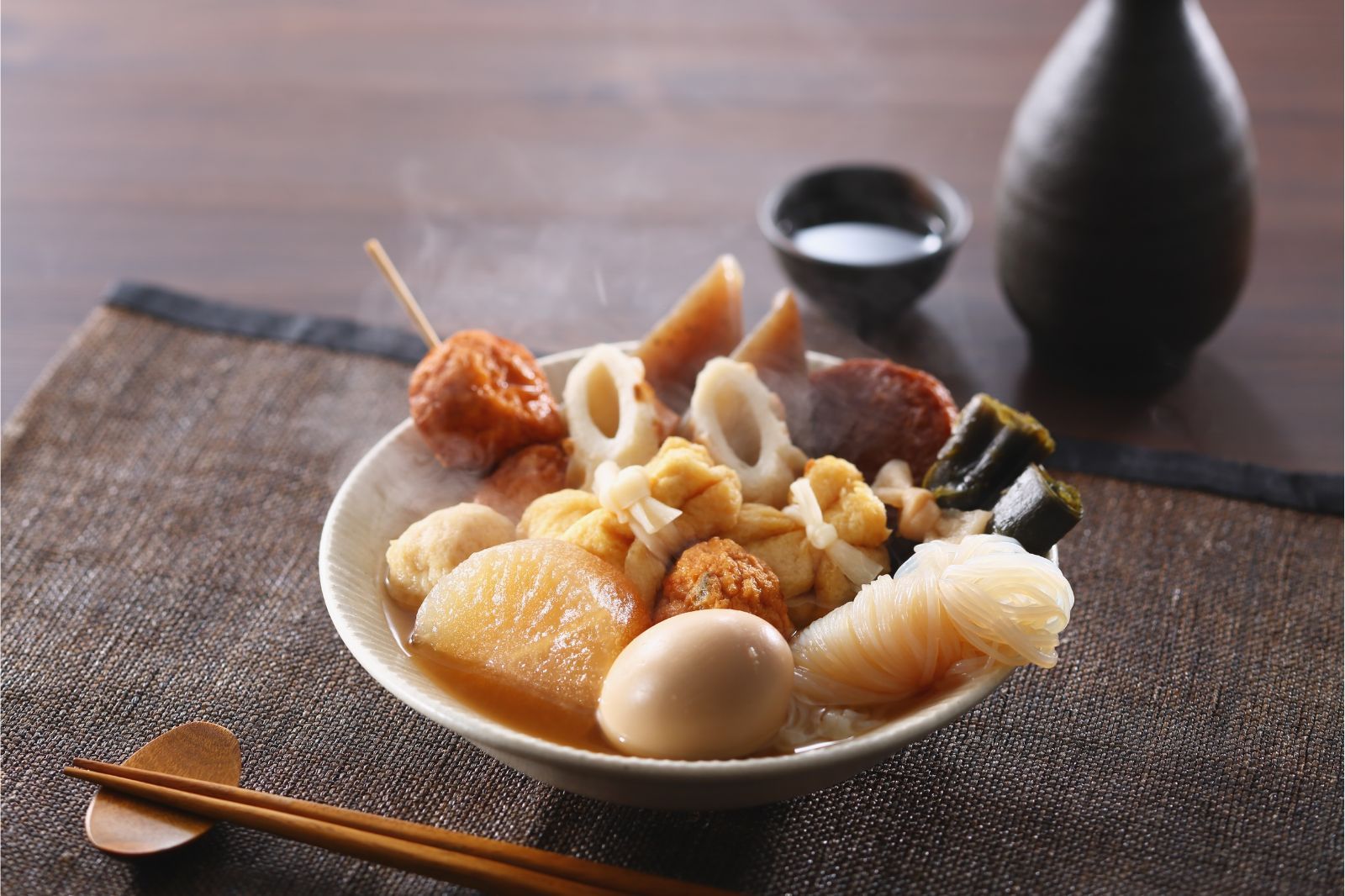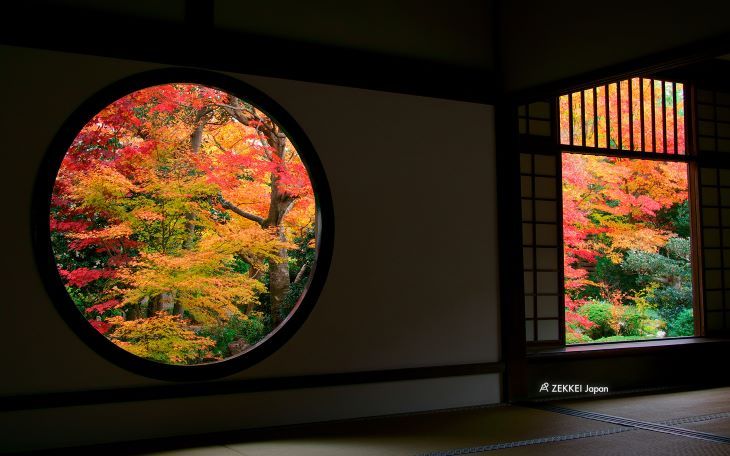Staying Healthy in Japan This Spring: Common Illnesses and How to Handle Them
Spring in Japan brings warmer temperatures, beautiful blossoms, and some unexpected health challenges. Beyond the well-known hay fever, this season can trigger a number of physical and mental conditions due to sudden weather shifts, long daylight hours, and new routines. If you're living in or visiting Japan this spring, here's what you need to know to stay healthy.
Common Spring Illnesses in Japan
・Spring Cold (春風邪 / Harukaze)
Spring colds are common in Japan due to sharp temperature swings between day and night. People often dress lightly during the warm daytime and then get cold once evening sets in. Being cold can make you get sick more easily, which is why spring colds are quite common. These colds might start mild but can worsen without proper rest and care.
Symptoms: Sore throat, cough, runny nose, mild fever, chills, fatigue.
Who's at risk: People who are often exposed to sudden changes in temperature, like warm afternoons followed by chilly mornings and evenings, or those who aren't getting enough rest or proper nutrition.
・Influenza B
Flu season doesn't always end with winter, as Influenza B often peaks in March or April. It spreads easily in crowded places like schools, trains, and offices. Unlike Influenza A, it usually causes fewer respiratory symptoms but more fatigue and muscle aches.
Symptoms: High fever, chills, fatigue, headaches, body aches (less coughing or sneezing).
Who's at risk: Schoolchildren, office workers, commuters, and travelers.
・Gastroenteritis
Also known as the stomach flu, viral gastroenteritis caused by norovirus or rotavirus can spread easily during seasonal changes. It's often passed through food or contact with infected surfaces and causes stomach-related symptoms.
Symptoms: Vomiting, diarrhea, stomach pain, low-grade fever, and dehydration.
Who's at risk: Those who frequently eat out, caregivers of small children, or people with weakened immune systems.
・Spring Fatigue (春バテ / Haru-bate)
Unique to Japan, "spring fatigue" is linked to the rapid environmental changes in early spring. Shifting temperatures, longer days, and life transitions like starting a new job or school can leave people feeling drained.
Symptoms: Drowsiness, low energy, difficulty concentrating, dizziness, irritability.
Who's at risk: People with irregular schedules or those experiencing big life changes.
・Spring Depression (五月病 / Gogatsu-byo)
Spring is a time of new beginnings in Japan, with many people starting new jobs or new school years in April. "May sickness" typically affects students or employees adjusting to new roles or environments after April's new beginnings. As initial excitement wears off, stress or disappointment can lead to symptoms similar to mild depression.
Symptoms: Fatigue, anxiety, insomnia, appetite loss, lack of motivation.
Who's at risk: New students, recent hires, or anyone adjusting to big life changes.
How to Prevent Spring Health Issues
・Dress in Layers
Spring weather in Japan can change quickly. Mornings and evenings may be chilly even if the afternoon is warm. Carry a scarf or light jacket so you can easily adapt.
Why it matters: Sudden temperature drops can lower your immune resistance, making it easier for you to catch a cold.
・Regulate Your Daily Routine
Keep a consistent schedule for sleeping, eating, and waking up--even on weekends.
Why it matters: A stable circadian rhythm helps with immunity, mood, and energy.
・Get Sunlight
Aim for 15-30 minutes of sunlight a day. Open the curtains wide or take a short walk outside in the morning.
Why it matters: Sunlight boosts vitamin D, which helps regulate your immune system and mood.
・Ventilate Your Home
Open your windows regularly to let in fresh air, even if just for 10-15 minutes.
Why it matters: Proper ventilation reduces indoor allergens, germs, and moisture buildup.
Over-the-Counter Medications from Japanese Pharmacies
All of these medicines can be found at most Japanese drugstores. We've included the names of each medicine written in Japanese, so if you cannot find it, show the Japanese to a pharmacist and they'll point you in the right direction.
・Cold and Flu Remedies(風邪用)
Pabron Gold A(パブロンゴールドA)
Treats sore throat, nasal congestion, fever, and cough. Contains acetaminophen, antihistamines, and caffeine. A popular multi-symptom remedy.
Lulu Attack EX(ルルアタックEX)
Relieves headaches, fever, and body aches with ibuprofen and anti-inflammatory ingredients. Ideal for stronger cold symptoms.
・Digestive and Stomach Remedies(胃腸薬・整腸薬)
Seirogan(正露丸)
Famous for treating diarrhea and food poisoning. Made with wood creosote, it has a distinct smell and is a traditional Japanese remedy.
Cabagin Kowa(キャベジンコーワα)
Helps with indigestion and heartburn. Contains vitamin U and digestive enzymes to protect the stomach lining.
・Remedies for Fatigue(疲労・だるさ対策)
Alinamin EX Plus(アリナミンEXプラス)
Used to combat physical fatigue and muscle soreness. Contains vitamin B1 derivatives and other B-complex vitamins.
Chocola BB Royal 2(チョコラBBローヤル2)
Combats tiredness, acne, and dull skin with B vitamins, royal jelly, and taurine--popular among people with stress-related fatigue.
Coping with Sensitivity to Air Pressure Changes
Some people are especially sensitive to shifts in air pressure, which are common in spring due to changing weather patterns. Known in Japanese as tenki-tsuu (weather-related pain) or kishōbyō (meteoropathy), this sensitivity can trigger both physical and emotional symptoms, such as headaches, dizziness, fatigue, nausea, mood swings, joint pain, and old injury flare-ups.
● Tips to Manage Weather-Related Symptoms
Track Weather and Pressure Changes
Apps like Tenki.jp or "Zutsu-ru" (頭痛ーる) let you monitor air pressure trends and send alerts for upcoming changes.
Why it helps: Knowing when pressure shifts are coming allows you to rest more, take medication, or prepare mentally.
Improve Blood Circulation
Light exercise, warm baths, and gentle stretching (especially around the neck and shoulders) can help ease symptoms.
Balance Your Nervous System
Stay hydrated, eat well, and keep your sleep schedule regular. Try calming activities like deep breathing, stretching, or drinking herbal teas.
・Consider OTC Remedies
Some Japanese medicines are geared toward these symptoms.
Eve A EX or Naron Ace, for headaches
Kampo (Chinese medicine), like Goreisan or Toki-shakuyaku-san, for fluid balance and circulation
Stay Healthy and Enjoy Spring in Japan
Spring should be a time of renewal and energy, not stress and fatigue. By recognizing the signs of common seasonal health problems and taking simple steps to prevent them, you can enjoy everything this beautiful season offers in Japan.


























